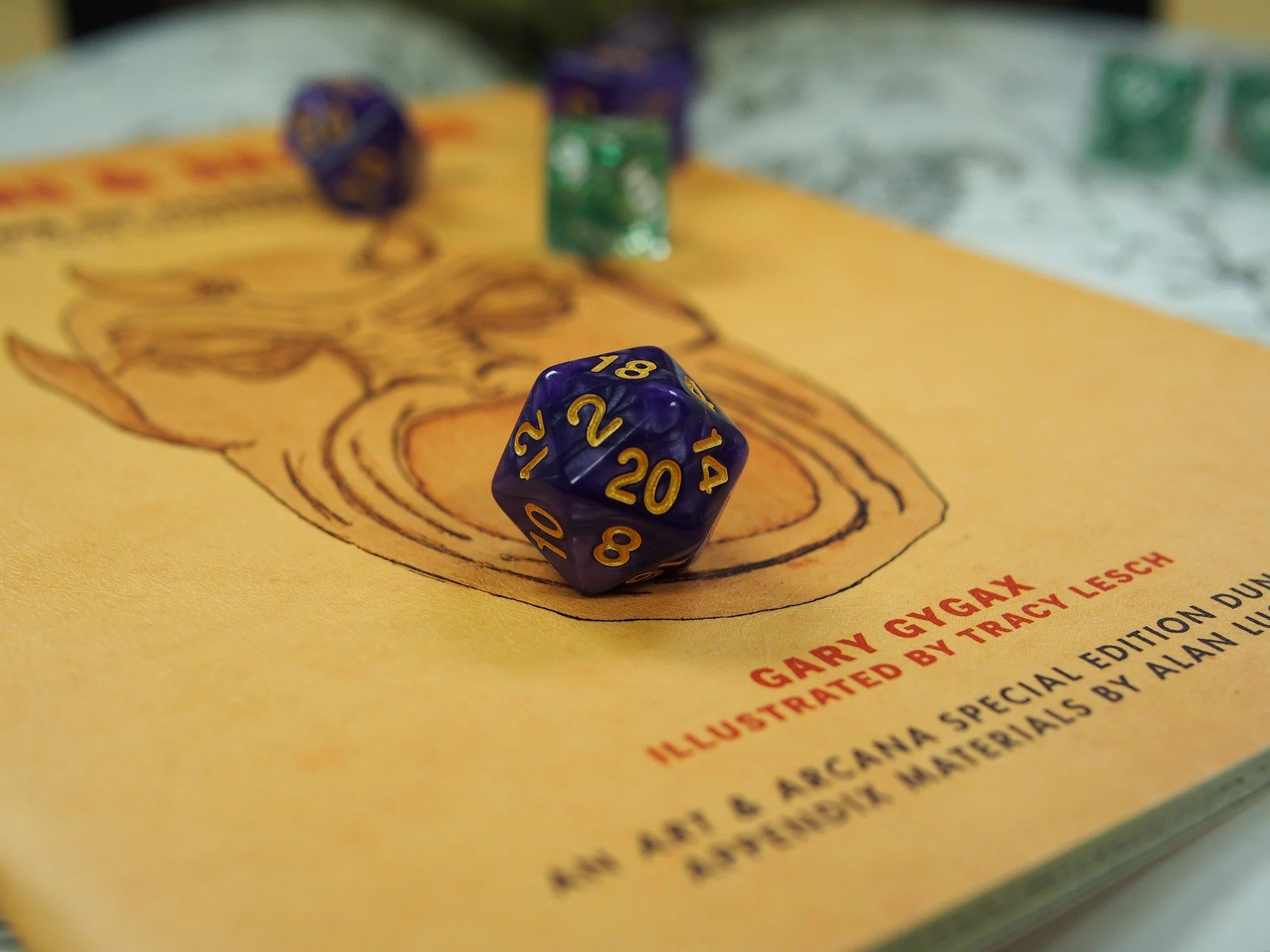Research is essential for mysteries to be solved, riddles to be solved, and the story to be advanced in Dungeons & Dragons 5th Edition (D&D). Learning to conduct an investigation can make any gaming experience much more enjoyable, whether your group is investigating a crime scene, decoding ancient runes, or discovering a hidden conspiracy. Some important things to consider when exploring the Investigation in 5e universe are listed below.
Investigation 5e – Capabilities and Skills
In D&D, Investigation is a skill, and characters with it have a unique edge. But other skills can also help find clues, such as perception, insight, and even some spells like detecting magic or identifying. Players should be encouraged to combine their talents and abilities to obtain information efficiently.

Establishing the Scene
A successful inquiry requires the creation of a rich and comprehensive setting. Give an account of the area’s sights, sounds, and scents. Take into account the ambient noise, lighting, and weather. Players’ capacity to visualize and interact with the inquiry improves when fully immersed in the environment.
Detective Scenes and Hints
Provide hints for characters approaching a murder scene or other enigmatic area. These might be tangible items, symbols, or even magic remnants. Consider the skills that each participant brings to the table and provide them with chances to use those specialties. Where a wizard might detect magical residue, a rogue may spot a concealed entrance.
Interactions with NPCs
Information may be gained from non-player characters (NPCs) in several ways. Broadcast people with unique goals, personalities, and levels of expertise. NPCs could give contradictory versions of events or be unwilling to divulge information. This deepens the inquiry and tests the participants’ ability to separate lies from truth.
Confusing and Mysteries
Including riddles and puzzles will help gamers’ minds stay active. These may be anything from working out complex mechanics to reading old writing. In addition to enhancing the sense of exploration, puzzles reward players for their problem-solving ability.
Temporal Pressure
Implementing time limitations adds a sense of urgency to the investigations. There is a chance that essential knowledge will become outdated. The time constraint increases stress as players must prioritize chores and make strategic decisions.
The mistakes
Covered-up clues can test players and keep them alert. Wrong leads or deceiving data can inspire anticipation and shock. You ought to utilize them sparingly to maintain a strategic distance from bothering them or causing a fracture within the plot.
The essential documentation is accessible
Empower players to take notes on crucial points of interest they reveal. They’re able to follow down suspects, clues, and imperative information. The association of players in unraveling the riddle improves the feeling of total drenching.
Conclusion
To be a capable sleuth in DnD, you must test players’ minds, make complex stories, and create captivating situations. Including a touch of puzzle, captivating characters, and an assortment of clues can make prison crawling an impact. The travel of disclosure starts within the mysterious world of Prisons and Mythical beasts.
Far Travelers bring a unique perspective to investigations due to their exotic origins. Proficient in Investigation, their distinctive appearance allows them to observe and scrutinize others effectively. With exposure to diverse cultures, Far Travelers excel at understanding social cues and motives, using their background to navigate investigations with a broad and open-minded approach
FAQs
Q: What is an Investigation check in D&D 5e?
Learn about the mechanics of Investigation checks, how to perform them, and their role in uncovering secrets.
Q: How can I enhance my character’s investigative skills?
Discover tips, spells, and abilities that can boost your character’s proficiency in investigations.
Q: Are there specific classes that excel in investigations?
Explore classes and subclasses that are particularly adept at solving mysteries and uncovering hidden truths.
Q: What role does Intelligence play in investigations?
Understand the importance of the Intelligence attribute and how it influences your character’s investigative abilities.
Q: Tips for running an investigation-focused D&D campaign?
Get advice on crafting and running campaigns that revolve around mysteries, clues, and investigative challenges.
Q: What common pitfalls in investigation scenarios and how to avoid them?
Learn about potential challenges in investigative gameplay and strategies to overcome or avoid them.
Q: How to create engaging clues and puzzles for players?
Discover creative ways to design clues and puzzles that will captivate and challenge your players during investigations.
Q: Handling player creativity in investigations?
Explore methods for incorporating and rewarding player creativity when approaching investigative scenarios.
Q: Balancing combat and investigation in D&D sessions?
Find tips on maintaining a balance between combat encounters and investigative elements for a well-rounded campaign.
Q: Examples of memorable investigation scenarios in D&D lore?
Delve into iconic moments and scenarios from D&D lore that showcase the depth and excitement of investigative gameplay.
Related posts:
Sailor 5e Background (5th Edition) in D&D
Faction Agent 5e (5th Edition) Background - Get The Most of This Option
Gladiator 5e (5th Edition) Background for D&D Backgrounds
DnD Backgrounds 5e Overview -All Deatiled Explained
5e Artisan's Tools 5th edition in D&D
Noble 5e (5th Edition) Background for DnD Backgrounds

Hi! this is sheryas iyar,
I am not a “gamer boy”. I am a gamer. I play video games. I don’t take slutty pictures while holding a controller.
